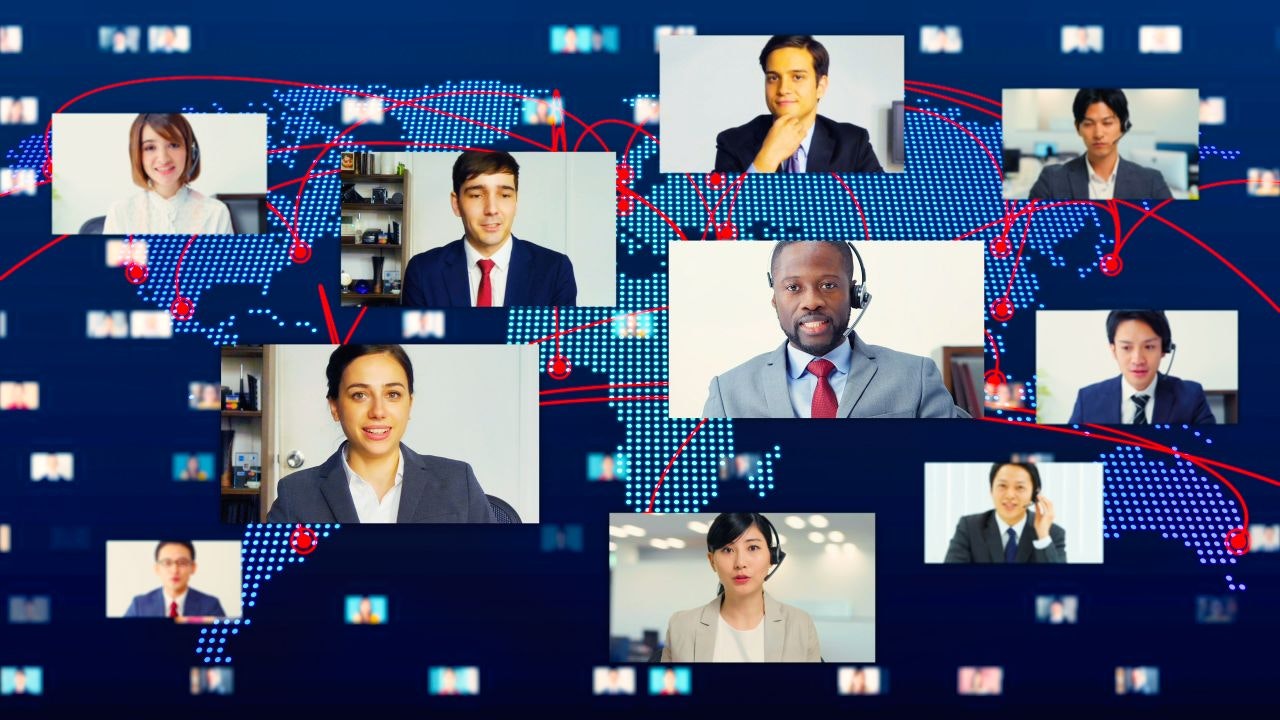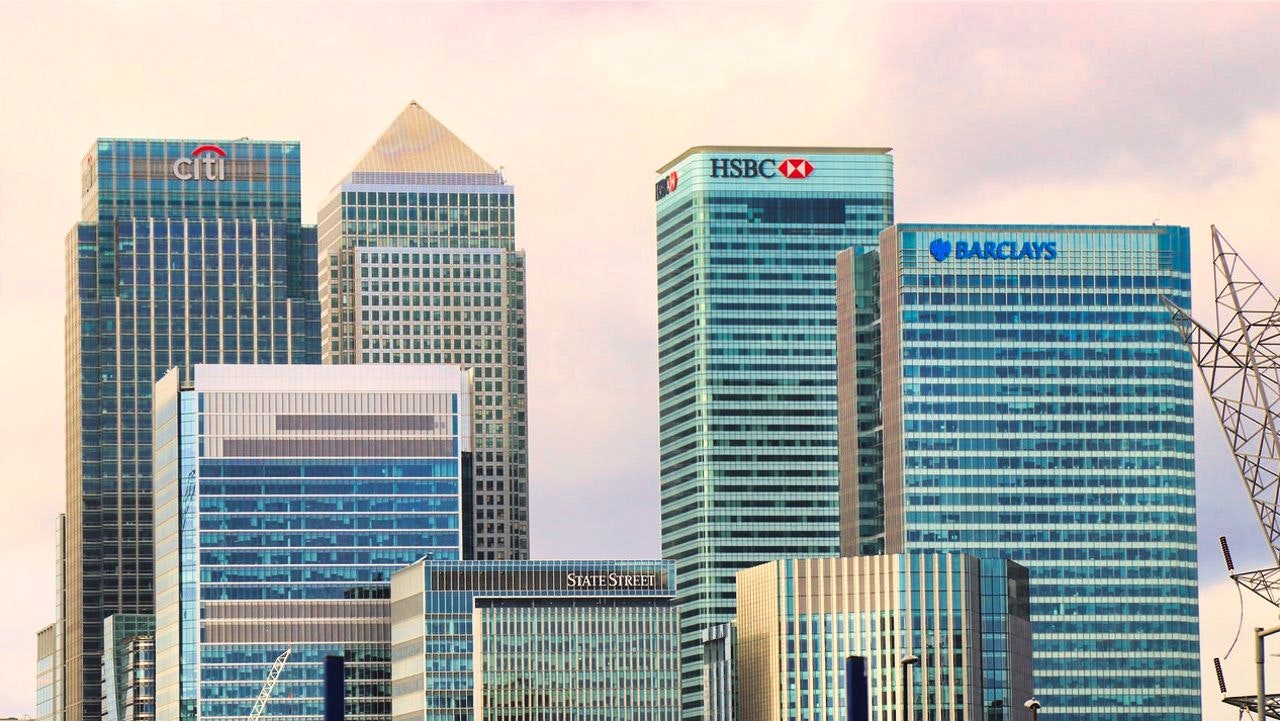
How do you set up your company for global success? It can be helpful to look at globalization examples from some of the world's most successful businesses.
Your company's globalization strategy can make all the difference. Get it right and you can see huge international success. Get it wrong and you'll have an uphill struggle with little payback.
Some famous companies are excellent examples of globalization. With a combination of inventive marketing and a solid, reliable globalization strategy, they have remained at the top of their global marketplaces for decades.
Looking at such examples is a great way to learn lessons that you can apply to your own global business.
Let's have a deeper look at 5 interesting examples of globalization…
What is globalization?
Globalization is the process of scaling a company's operations to achieve international influence. A global company will operate in multiple territories and across different cultures. Its marketing and product information will be localized into the languages of these markets.

You can assess your company's degree of globalization by using the Globalization Maturity Model (GMM). We use this model with our clients to assess their global impact.
The GMM describes 6 levels of globalization:
- Premature or failed — At this stage, the company hasn't yet managed to achieve global growth.
- Reactive — Companies at this stage respond to the global markets in an ad-hoc fashion. It is often a stage of uncertainty and even chaos.
- Repeatable — Here, companies are formalizing their core tasks that will grow the business globally.
- Managed — At this stage, companies have started to adapt their processes across the entire organization. They are finding ways to best serve the specific needs of each international market.
- Optimized — The company's processes are now almost completely geared towards global operation. However, some departments are still lagging behind.
- Transparent — Finally, companies at this level treat globalization as "business as usual." Their global processes also undergo continuous improvement.
Where do you think your company currently falls in these levels?
5 interesting globalization examples by famous companies
What does globalization look like when a company does it well?
Here are 5 examples of famous companies that have excelled at globalization.
1. Coca-Cola
Possibly the most famous global brand in the world. Coca-Cola has a well-documented and well-researched global strategy.
What has Coca-Cola done to generate such a wide global interest?
It's interesting to note how the brand is firmly presented as an "American icon." For many companies, such a country-specific focus might be a barrier to global expansion. However, Coca-Cola's approach to global marketing is focused on finding a "universal storytelling" that resonates across the world.
The company's global brand and messaging are consistent across markets (known as its "One Brand" strategy). The product is also highly consistent across markets. But, each message is tailored to each market.
One famous example is its "Share a Coke" campaign where people's names were added to the cans, with names chosen to suit the common names in each country. It wouldn't have been enough to translate the names from English, they had to localize by researching the most common names in each market.
2. SAP
Another highly successful example of a globalized company is SAP. The software provider has a particularly interesting task when localizing its solutions due to differing legal requirements and user needs in different markets.
SAP's approach to globalization can be typified by its self-coined term "Glocal" To be Glocal means to "think globally, act locally." It applies to everything from the company's software solutions to their internal business processes.
At Rubric, we are proud to have contributed to SAP's localization over many years. Read how we helped localize SAP's SuccessFactors solution in our case study.
3. Domino's
Another US company that has grown globally, Domino's pizza is famous across much of the world with stores in more than 90 countries worldwide.
One interesting aspect about Domino's globalization is how the company has embraced differing tastes and food habits in its various markets. Instead of having a completely consistent product, as Coca-Cola has done, Domino's prioritizes localized menu innovation.
Domino's makes a conscious effort to first understand the preferences of each market before moving into it. This has led to more focus on seafood and fish in Asia, curry toppings in India, and reduced dairy in China.
4. IBM
IBM is a hugely successful global brand that is now over 110 years old. It is a great example of a company that has thrived while many of its competitors have struggled. This is partly thanks to its approach to globalization.
The company describes its globalization strategy as being based around "3 Golden Pillars". These are "cloud, data, and engagement." One example of these pillars in action is IBM's approach to emerging markets, such as those in Africa. They are prioritizing a mobile-first strategy as most people in these markets don't have a computer or bank account.
Like many global companies, for many years IBM's international operations were basically replicas of the parent corporation. However, in 2006, it changed its approach to become a truly integrated global company.
5. AccuWeather
The need for weather forecasting is consistent across the countries of the world. AccuWeather is recognized as the provider of the world's most accurate weather forecasts and it operates globally, nationally, and locally.
Part of AccuWeather's global strategy involves partnerships with local and national organizations. For example, the company recently partnered with the US Major Arena Soccer League to provide weather forecasts for events. This continued approach to partnerships keeps AccuWeather's focus on local engagement even for such a highly global company.
At Rubric, we are proud to have been working with AccuWeather for many years, helping them to localize their service into many different languages. Read how we help them deliver hyper-localized weather reports at scale in our case study.

How to assess if your company is ready for globalization
How can you tell if your business is ready for global expansion?
When we start working with new clients on their global content strategy, we use the "5 Axes" defined in the GMM.
Here's how you can start thinking about your business through these 5 axes to achieve your desired growth:
- Governance — Look at your company's buy-in to the process of globalization. Assess your company's global goals and key stakeholders. Together with your translation provider, define suitable metrics to measure your progress.
- Strategy — Your globalization strategy determines how you plan to move the business into new international markets. There are various approaches to globalization strategy. Define a strategy that suits your company and its goals.
- Process — At Rubric, we are passionate about process optimization. You need to make sure that your business processes support your globalization efforts. For instance, when working with localization there are at least 11 primary areas that require optimized internal processes.
- Organizational structure — A common roadblock to globalization is organizational silos. For example, these can happen when a market goes off and "does its own thing." Look at the structure of your organization and identify where you need to change for the organization to support globalization.
- Automation — Scaling your organization means automating those processes that can be automated. When you are working with global content, well-implemented automation is key.
Do you need help conducting this assessment for your business? Just send a message to our strategy team and they will gladly help you out.
DOWNLOAD OUR FREE EBOOK
2 Cases Where Rubric Transformed Clients Delivery Time
Imagine that you have announced a new product on the stock market. The product itself is ready to ship, the sales teams are ready to sell in your international markets, the supporting content has been ready for weeks in English…